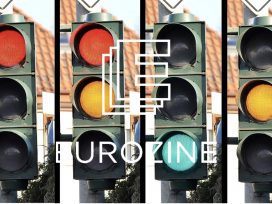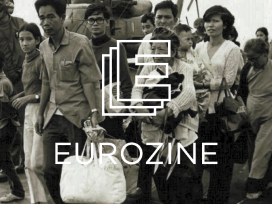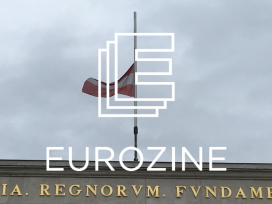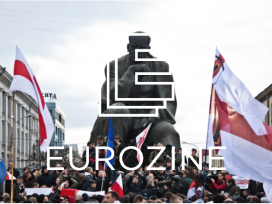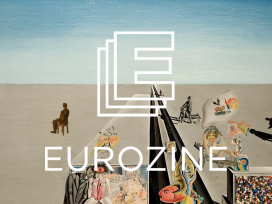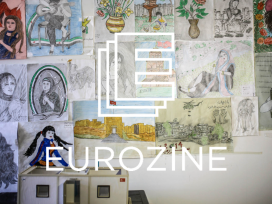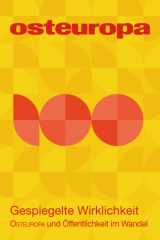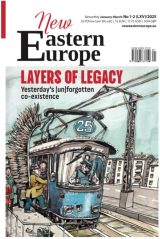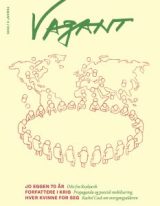Simon Garnett
Senior editor at Eurozine. Co-editor together with Carl Henrik Fredriksson and Klaus Nellen of the Widening the Context: A Eurozine Anthology (2018). Translator and historian of postwar German political thought.
Articles

Podcast: Spectres of fascism
A conversation with James Miller
A defining debate of the political moment? Or liberal hairsplitting? Eurozine talks to James Miller, editor of Public Seminar, about what we mean when we talk of fascism – and whether it makes any difference anyway.

‘Fascism’ has entered America’s political lexicon as way to understand and oppose the rise of the far-right. Trump’s polemics against the left have also propelled the label ‘antifascism’ into the mainstream. But are we really seeing a US fascism? What baggage does the concept of ‘antifascism’ carry? And what are we doing when we invoke Weimar?
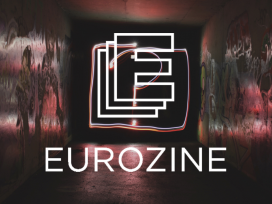
Corporate capture of the media by the state is not just an eastern European speciality, nor does it take place in an economic vacuum. The 31st European Meeting of Cultural Journals will be focusing on how political interference and market pressure are threatening independent publishing in Europe today.

‘We aren’t telling you what we think – we’re showing you what we know’
An interview with Bellingcat founder Eliot Higgins
Bellingcat’s pathbreaking work on the shooting down of MH17 and on chemical weapons use in Syria has led to open source investigation being recognized as a vital journalistic technique. Eurozine talks to Bellingcat founder and director Eliot Higgins about both stories and the disinformation around them.
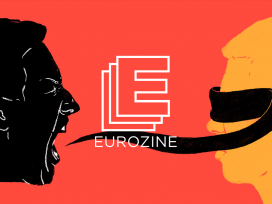
Thinking about ‘what to do’ about disinformation means understanding information’s positive quality as a public good. Abandoning a purely reactive strategy will stand democracies in better stead. Contributions to the new Eurozine focal point ‘Information: A public good’ reflect this way of thinking.
